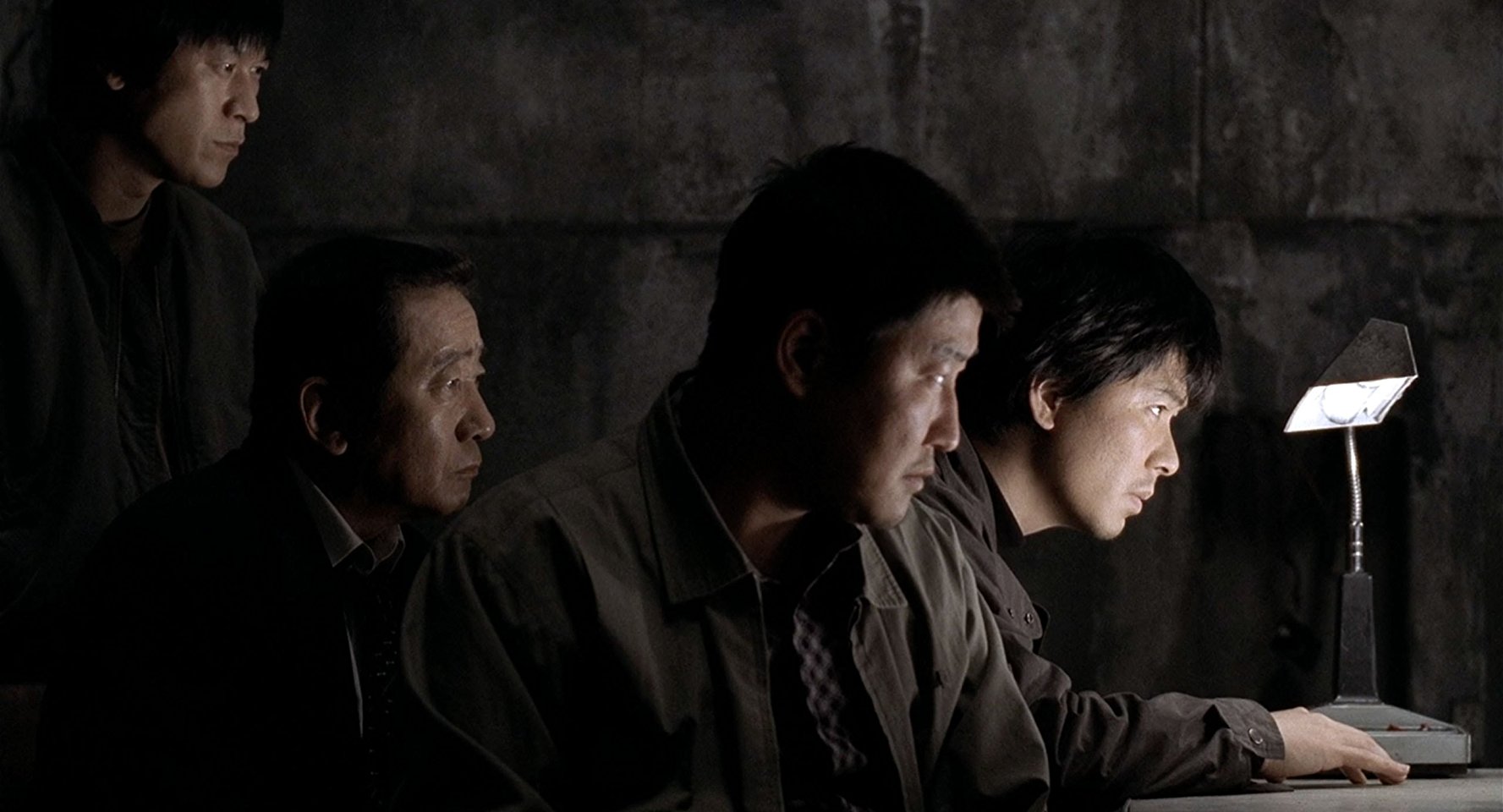
Unfortunately, this lack of greater ambition, especially in terms of narrative, also leads to some dreadfully dull stretches, leading to The Toolbox Murder’s reputation as a bit of a bore. While later films, like Abel Ferrara’s The Driller Killer (1979) and Bill Lustig’s Maniac (1980), improved on the model by forcing audiences to really confront their unpleasantness, Donnelly is happy to simply wallow in a loathsome gloom. Ray’s Scream Bloody Murder (1973), and Kent Bateman’s Headless Eyes (1971), for example – its lasting impact isn’t really found in its gore or blatant misogyny, but the grotesquery of its characters and environments. Like similarly sleazy, low-budget horror films – Herschell Gordon Lewis’ Color Me Blood Red (1965), Marc B. The Toolbox Murders is unapologetic trash that exists to exploit an audience’s discomfort. What makes The Toolbox Murders an interesting, if not particularly good proto-slasher progeny is that Donnelly and producer Tony Didio aren’t concerned with matching or even understanding Hooper’s craft – they merely recognized that The Texas Chain Saw Massacre was a grimy, visceral assault that freaked people out and made a lot of money.
#Memories of murders blu ray serial
And, like Leatherface and Norman Bates, Cameron Mitchell’s Vance Kingsley has a kinship with real-life serial killer Ed Gein, who inspired both Hooper and Hitchcock’s films. The use of power tools as murder implements and faux ‘Based on a True Story’ advertising claims are probably the most obvious connections, but the key similarity is the way The Toolbox Murders dwells on the killer’s depressing life story and tortured psychology. The Toolbox Murders fits the rules of early slashers – a masked killer, themed weapons, victims being slaughtered after sexual acts, negligible whodunnit storytelling, et cetera – but it’s really the product of Tobe Hooper’s Texas Chain Saw Massacre (1974) and, in turn, Alfred Hitchcock’s Psycho (1960).

In fact, Donnelly’s film was developed in 1977 and released around the same time as Halloween, before Carpenter’s film became the template for ‘80s slashers. We tend to think of Dennis Donnelly’s The Toolbox Murders as a product of the post- Friday the 13th (1980) slasher boom: a time in which the studied suspense of John Carpenter’s Halloween (1978) was replaced by increasingly extreme, grindhouse-friendly sex and gore.


 0 kommentar(er)
0 kommentar(er)
